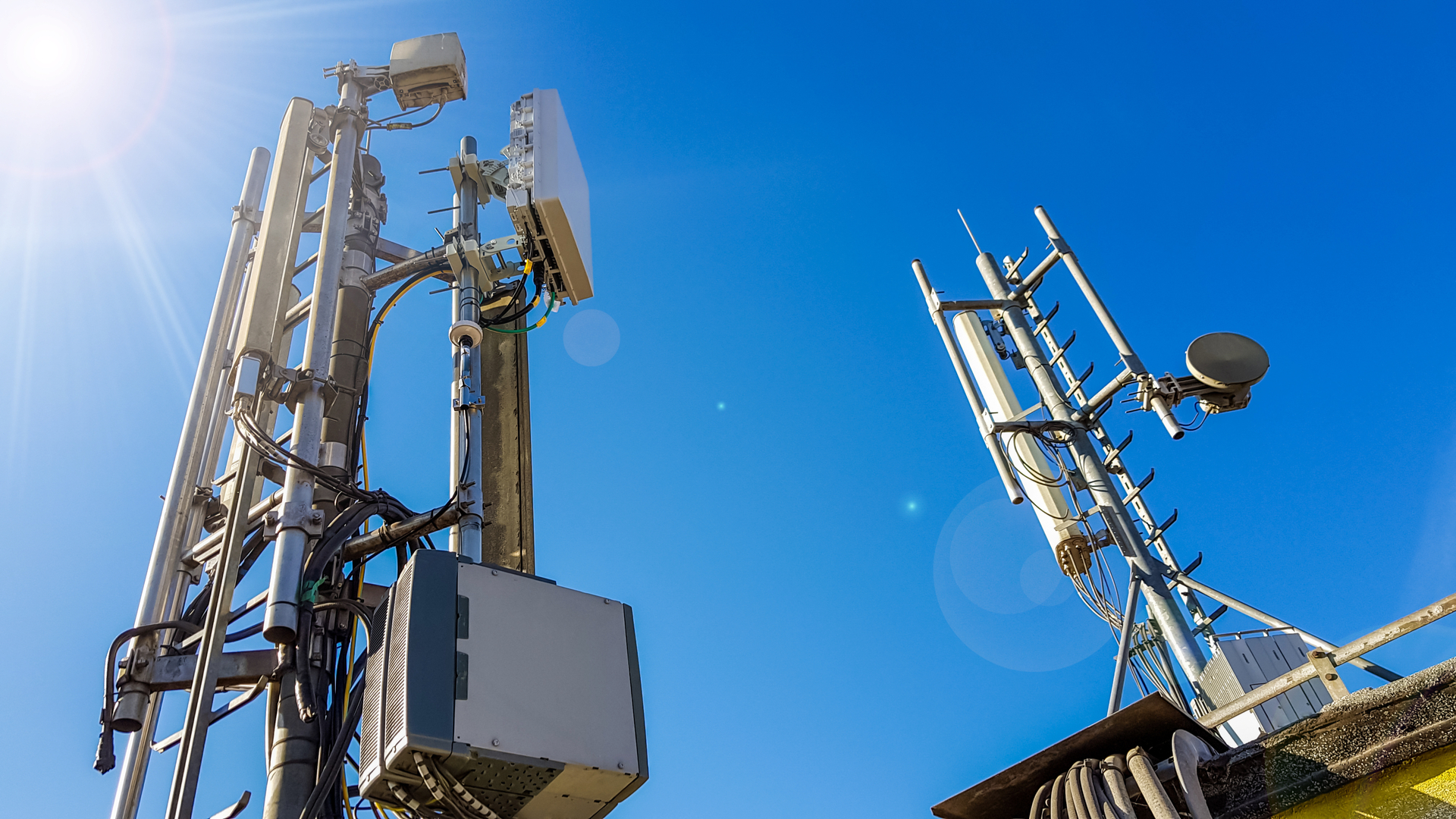More than a million UK properties don't have access to 'decent' broadband speeds
Ofcom's Connected Nations report finds broadband is still lacking across 4% of the UK


More than a million British homes are losing out on acceptable broadband speeds as an Ofcom report has found that 4% of UK properties cannot get the bandwidth they need to meet their internet needs.
The watchdog's Connected Nations report noted that around 1.1 million UK properties, comprising homes and offices, are in areas that cannot get acceptably speedy broadband.
Ofcom defines 'decent' broadband speeds to be 10Mbps (megabits per second) for downloads and 1Mbps for uploads.
However, a swathe of UK properties cannot hit these speeds, particularly in rural areas where some buildings are a good distance from telephone exchanges or broadband street cabinets.
Some 17% of properties in rural areas have unacceptable broadband speed compared to 2% in urban areas.
This lack of decent broadband speeds could stymie people and businesses from accessing the services they need to carry out tasks such as working from home.
"Broadband coverage is improving, but our findings show there's still urgent work required before people and businesses get the services they need," said Ofcom's technology chief Steve Unger.
Get the ITPro daily newsletter
Sign up today and you will receive a free copy of our Future Focus 2025 report - the leading guidance on AI, cybersecurity and other IT challenges as per 700+ senior executives
"Everyone should have good access to the internet, wherever they live and work. So we are supporting plans for universal broadband, and promoting investment in full-fibre technology that can provide ultrafast, reliable connections."
Interestingly, 90% of UK properties have access to 'superfast' broadband, but it is bought by less than four in ten properties meaning there is still plenty of scope for the broadband speeds across UK properties as a whole to improve.
And currently only 3% of properties have 'full fibre' access, whereby fibre optic cables are run all the way to a building not just a nearby cabinet and therefore offer better speeds.
Indoor 4G coverage is improving significantly, up 40% over last year, with six in ten properties receiving the speedy mobile broadband signal. There are still plenty of properties across Britain that don't have access to 4G signals; only 43% of UK properties have access to 4G coverage.
As such Unger stressed there's more work to be done to ensure the UK has the broadband coverage it needs.
"With all the technological advancements we've seen in recent years, people shouldn't have to second guess where they can and can't get decent mobile reception," he said.
"The public and our economy depend on mobile coverage that allows people to call, text or get online wherever they are. So we need to see mobile companies step up and prioritise improving coverage across the UK."
Given the UK is investing 645m into superfast broadband there are at least some efforts in place to improve the broadband speeds Britons have access to.
Roland is a passionate newshound whose journalism training initially involved a broadcast specialism, but he’s since found his home in breaking news stories online and in print.
He held a freelance news editor position at ITPro for a number of years after his lengthy stint writing news, analysis, features, and columns for The Inquirer, V3, and Computing. He was also the news editor at Silicon UK before joining Tom’s Guide in April 2020 where he started as the UK Editor and now assumes the role of Managing Editor of News.
Roland’s career has seen him develop expertise in both consumer and business technology, and during his freelance days, he dabbled in the world of automotive and gaming journalism, too.
-
 Bigger salaries, more burnout: Is the CISO role in crisis?
Bigger salaries, more burnout: Is the CISO role in crisis?In-depth CISOs are more stressed than ever before – but why is this and what can be done?
By Kate O'Flaherty Published
-
 Cheap cyber crime kits can be bought on the dark web for less than $25
Cheap cyber crime kits can be bought on the dark web for less than $25News Research from NordVPN shows phishing kits are now widely available on the dark web and via messaging apps like Telegram, and are often selling for less than $25.
By Emma Woollacott Published
-
 Ofcom net neutrality update dismisses calls for big tech contributions
Ofcom net neutrality update dismisses calls for big tech contributionsNews Ofcom’s net neutrality stance has been criticized by some industry stakeholders
By Emma Woollacott Published
-
 UK 5G spectrum auction will finally go ahead this week
UK 5G spectrum auction will finally go ahead this weekNews The much awaited auction will involve companies bidding for frequency in two bands
By Zach Marzouk Published
-
 Nokia and NASA join forces to bring 4G to the moon
Nokia and NASA join forces to bring 4G to the moonNews Cellular service will provide the communications needed for meaningful moon exploration
By Tyler Omoth Published
-
 Birmingham crowned the fastest UK city for 4G download speeds
Birmingham crowned the fastest UK city for 4G download speedsNews While Birmingham also recorded the highest speed hike over 2019, London came in at a middling 9th place
By Keumars Afifi-Sabet Published
-
 LTE vs 4G: Which is better?
LTE vs 4G: Which is better?In-depth Comparing LTE vs 4G has become common in recent years, but how exactly do they differ, and is 4G faster?
By Jane McCallion Last updated
-
 What is 4G?
What is 4G?In-depth A look at the fourth generation of mobile networking technology and its availability in the UK
By Rene Millman Last updated
-
 4G vs 5G - what's the difference?
4G vs 5G - what's the difference?Vs From 3G to 4G, mobile connectivity has revolutionised our lives. Now 5G is set to do it again
By Bobby Hellard Published
-
 The best 4G network
The best 4G networkIn-depth Every mobile provider offers 4G contracts, but which one is the best for you?
By Carly Page Last updated